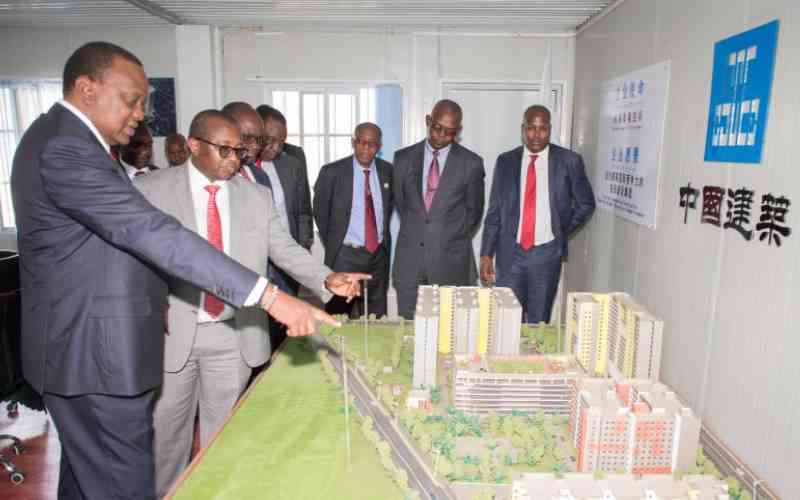×
The Standard e-Paper
Join Thousands Daily

The real estate sector will remember President Uhuru Kenyatta as a leader who created an enabling environment for the sector to flourish. He had the work done by actively participating in its execution.
The launch and progress of the affordable housing programme, one of the key pillars of Jubilee's administration's Big Four Agenda, was one of the most notable and key initiatives of the outgoing regime.







